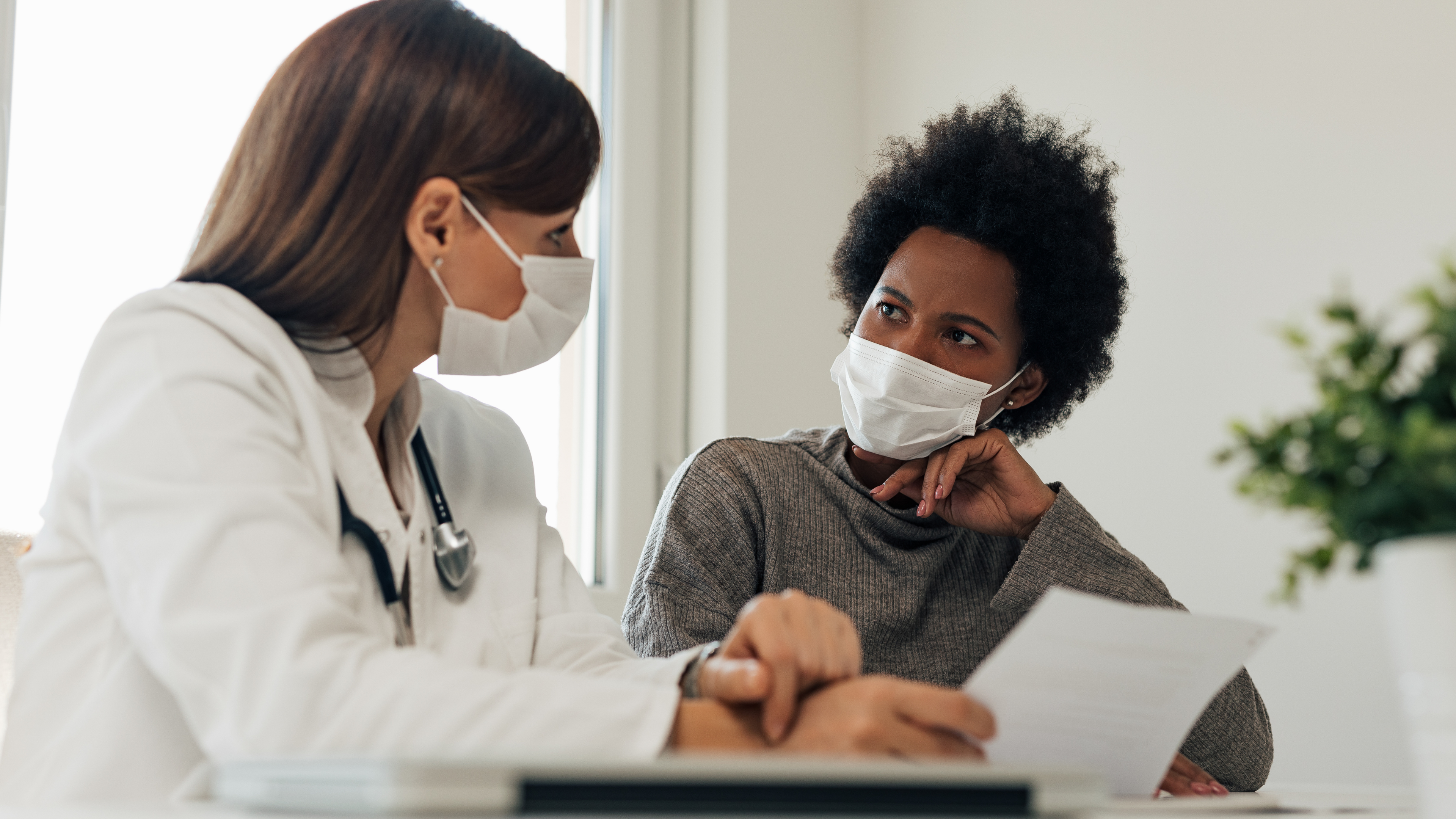
Tracking down reliable health care information and resources can be overwhelming. Proposed Maryland legislation aims to combat that by designating the Horowitz Center for Health Literacy as the state's Consumer Health Information Hub.
“The problem is that there's a lot of health information, health communication, and health services that people find very difficult to access and to understand what to do with,” said Cynthia Baur, professor and director of the Horowitz Center. “So what the bill does is it directs the Horowitz Center as the state’s resource in health literacy expertise and provides some resources for us to work with local agencies, healthcare providers and public health professionals.”
The House bill is sponsored by Del. Joseline Peña-Melnyk, who represents the College Park area, and is scheduled to be part of a hearing before the Health and Government Operations Committee on March 9. The legislation would require state and local agencies to use plain language in public communications about health, safety and social services benefits and make funds available for the center to work with local agencies, health care providers and public health professionals to enhance health literacy.
The COVID-19 pandemic put the need for centralized health communication into stark relief, particularly at its outset, when there was lots of confusion about masking and social distancing. But health literacy is needed all of the time, said Cynthia Baur, professor and director of the Horowitz Center.
“For example, we work with the Maryland Department of Health on the state's diabetes action plan,” she said. “There are definitely health literacy issues related to what people know about diabetes—how important people think of it as an issue, whether or not they think they can do anything about it, or if they view it as kind of inevitable based on people in their family or community having it. So health literacy can be relevant just in an everyday chronic disease situation like diabetes, but it just becomes really acute in something like the pandemic.”
Challenges with health communication and literacy include translation and knowledge transfer.
Health literacy is really a health equity matter. Maryland will fulfill its commitment to closing gaps in health inequities when everyone has the opportunity to be as healthy as possible.
“I can, as a communication researcher, know a lot about the best ways for a doctor to explain something to a patient in the way that that patient is most likely to understand,” Baur said. “The challenge I have is getting that information to any given clinician, so that clinician can then turn around and use those techniques with that given patient.”
The legislation, if passed, would aim to tackle these problems at a scale that has not been tried before, Baur said. It makes clear that the health literacy challenges are not specific to any one county or illness: they’re statewide. And while they are also not limited to any one racial or ethnic group, people of color – who make up a majority of Marylanders – continue to face poorer health outcomes.
“The data consistently show ongoing and, in some cases, growing health disparities in Maryland,” said Mariam Assi, MD, who serves as a legislative staffer for Delegate Peña-Melnyk's office and is an MPH candidate at the Johns Hopkins Bloomberg School of Public Health. “COVID-19 has highlighted and exacerbated many of these disparities. The inspiration behind this bill comes from an increasing recognition that we must shift our health policy framework to create a more equitable model for providing care. ”
Baur and Assi stress that the bill shifts the focus from individual health care providers to the health care system.
“You can't just rely on individual doctors, nurses, pharmacists, health officers, and public health education specialists to find this out on their own and then try to solve the problem at the individual level,” she said. “It's not an individual level problem. It's a system level problem.”
“As a physician, it is my moral responsibility to practice with a health equity framework and address health literacy and other social determinants of health at the individual patient level, and I believe the same moral responsibility lies on organizations at the state population level,” said Dr. Assi. “Health literacy is really a health equity matter. Maryland will fulfill its commitment to closing gaps in health inequities when everyone has the opportunity to be as healthy as possible."
House Bill 1082: Public Health - Consumer Health Information - Hub and Requirements
The Maryland House of Delegates Health and Government Operations committee will hold a hearing on HB1082 on March 9, 2022 at 1 pm.
Designating the University of Maryland Herschel S. Horowitz Center for Health Literacy as the State's Consumer Health Information Hub; requiring State and local agencies to use plain language in public communications about health, safety, and social services benefits; and establishing grant and procurement requirements related to health literacy.
You may watch the proceedings on the MGA-HGO YouTube Channel.